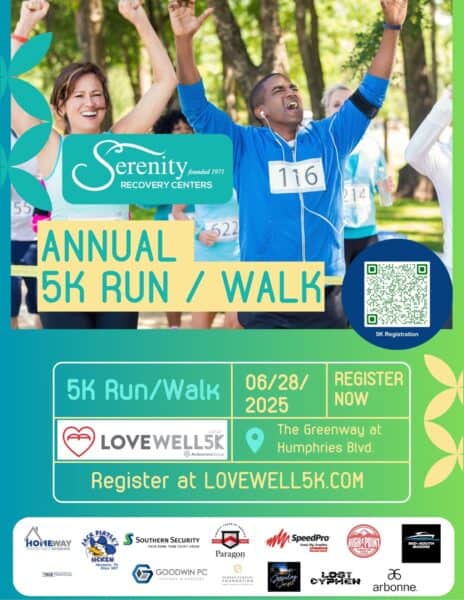It’s said that you don’t recover from an addiction by stopping using. You recover by creating a new life where it is easier to not use. If you fail to create a new life, then all the factors that brought you to your addiction can find you again. You don’t have to change everything in your life, but there are behaviors and choices that need to change. The more you hold on to your old life during recovery, the harder it is to succeed. This article will take a look at some skills and tools you’ll need to be successful during your recovery.
Avoid High-Risk Situations
You can remember high-risk situations by using the acronym HALT:
- Hungry
- Angry
- Lonely
- Tired
At the end of the day, you may be feeling hungry if you haven’t eaten well. You might be angry because you’ve had a tough day at work. You may feel lonely because you’re isolated. All of this together makes you feel tired. This is the reason your strongest cravings during recovery usually occur at the end of the day.
Other high-risk situations include:
- People – People who you used to use with or are related to your use. People you have conflicts with, and who make you feel like you want to use. People who encourage you to use.
- Places – Places where you use or where you get your drugs or alcohol.
- Things – Things that remind you of using.
How to Avoid High-Risk Situations
It’s difficult to always avoid every one of these situations. But if you’re aware of them and have identified them as high-risk, you can learn to control how they affect you. Make a list of your high-risk situations and keep them with you. Go over the list with someone in recovery so that you can spot situations you may have missed. Aside from the list, start taking better care of yourself. Eat nourishing food, and eat on a schedule that keeps you energized throughout the day. Join a 12 step group, so you don’t feel isolated. Get on a sleeping schedule and start some form of daily exercise, so you’re tired at the right times and get a full night’s rest.
Managing Stress
Two of the most important coping skills for recovery are the ability to relax and manage stress and the ability to change negative thinking. Most people use to escape, relax, and reward themselves. Another way to put it is that people use drugs and alcohol to relieve tension. Everyone needs to escape, relax, and reward themselves, those are essential coping skills for a happy life. The key is finding a way to do these things without using.
There are many ways to relax. You can go on a walk or meditate. Meditation has helped millions of people learn to relax. Having something to do with your free time is another way to relax. Relax doesn’t always mean not doing something. You can be playing basketball or golf and be relaxed – it’s where your mind is that’s important when thinking about relaxing.
10 Coping Skills for Addiction Recovery
- Be honest with yourself and others
- Learn to relax in any situation
- Keep a daily journal and gratitude list
- Develop a strong support network
- Avoid high-risk situations
- Exercise daily
- Work with a sponsor and attend support group meetings
- Help other addicts
- Avoid the HALT symptoms
- Practice meditation
Need Help?
Are you or a loved one struggling with alcohol or other drugs? Call us to speak confidentially with a recovery expert now: (901) 521-1131 or visit our website serenityrecovery.org
